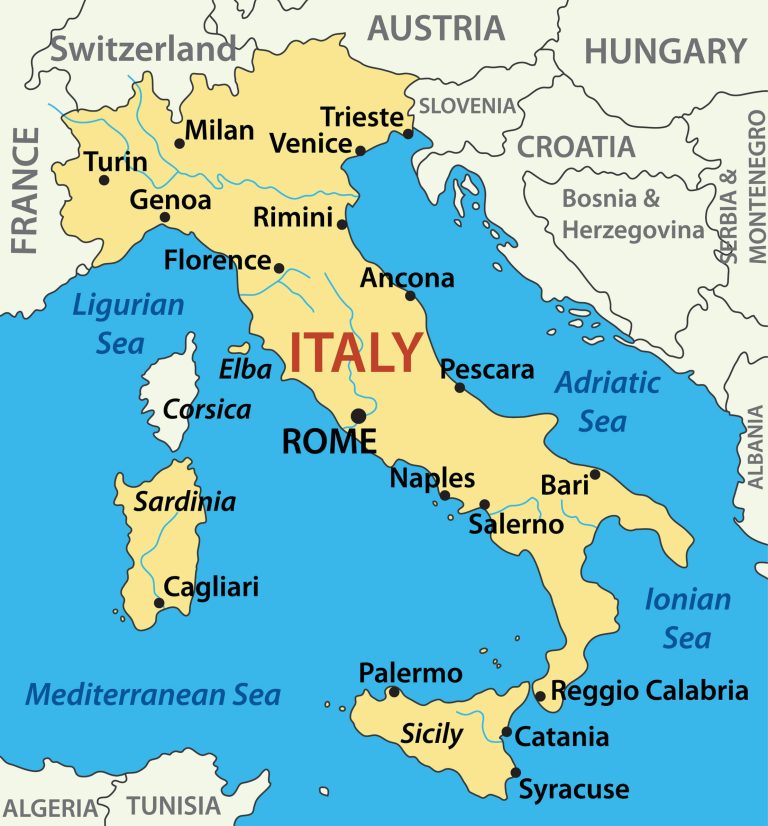

Travel insurance is a type of insurance that covers unanticipated losses that occur when traveling, either internationally or locally. Basic insurance normally covers only emergency medical bills while traveling abroad, whereas comprehensive policies typically include trip cancellation, lost luggage, aircraft delays, public liability, and other charges.
Calculation of Policy Purchase Cost
Travel insurance is risk-based, and a variety of criteria are considered to decide if a traveler can get coverage and what the premium will be. This often covers the destination nations or regions, the length of the trip, the age of the travelers, and any optional advantages for which they require coverage, such as pre-existing medical issues, adventure sports, rental vehicle excess, cruises, or high-value gadgets. Some plans will also use the traveler’s expected worth of their trip when determining the price. A policy can be a single trip policy that covers the exact period of the forthcoming trip, or it can be a “multi-trip” policy that covers an infinite number of journeys of restricted duration within a year.
Conditions for the journey’s departure and return
Depending on the policy, most travel insurance plans must be obtained prior to leaving from home or at the initial point of departure (e.g., an airport). A lesser number of businesses provide travel insurance to travelers who are already abroad and have neglected to obtain travel insurance or have an expired policy. Most rules mandate that one begin and end their travel in their home country. Some insurance, on the other hand, covers one-way travel for persons who are permanently migrating to another nation.
Free travel insurance
Some credit card companies provide automatic travel insurance if you pay for your trip plans with their credit cards, however, these policies are general and do not take into consideration your needs and situations.

Common Advantages
Medical
In the case of a minor accident or sickness, while traveling abroad, medical benefits include visits to general practitioners, medication, ambulance expenses, and limited dentistry treatments. In the case of hospitalization, most travel insurance plans include emergency support services, which can ensure payment to hospitals for treatment, coordinate with treating doctors, and arrange transfers between hospitals or medical evacuations back to the insured person’s home country. [5] More comprehensive insurance offers emergency companion coverage, which allows a family member to stay with the insured individual while they are in the hospital.
In the case of death abroad, medical benefit sections often include coverage for repatriation of remains to the insured person’s country of origin, as well as coverage for an overseas funeral.
Cancellation
Comprehensive travel insurance policies cover any cancellation costs or lost deposits incurred as a result of the insured’s trip being canceled due to a variety of unanticipated and unexpected reasons. Illness or injury, natural catastrophes and terrible weather, strikes and riots, hijacking, and family emergencies are examples of these. Depending on the policy, it may also include cancellation due to jury duty, being laid off from a full-time job, having yearly leave revoked for individuals in the military forces or emergency services, and a government’s restriction or recommendation against travel to a certain place.
Alternative modes of transportation and travel expenditures
Many policies include benefits for alternate transportation, lodging, and meal expenditures if the transportation provider is delayed for an extended length of time, providing any stopover hours meet the standards.
Policies may also contain a benefit to purchasing basic things like clothes and toiletries in the case that an airline’s luggage is delayed.
Luggage
Luggage benefits cover the loss, damage, or theft of personal items such as passports and other travel papers while on the road. It may also contain limited compensation for cash theft.
The general public’s liability
This includes legal liability as a consequence of a claim brought against the covered party for physical harm or property damage to third parties.
Optional advantages
Many carriers provide coverage for reported pre-existing diseases (e.g., asthma, diabetes, cancer), higher risk sports and hobbies (e.g., skiing, high altitude hiking, scuba diving),[12] rental car damage, and cruises in addition to their basic insurance.
Exclusions that are common
Insurance firms providing new policies will frequently limit coverage for existing known occurrences and may publish long-term exclusions for specific events, such as volcanic activity from an active volcano. Because travel insurance is a risk-based product, many plans will exclude events that are potentially far-reaching and difficult to quantify, such as pandemics and endemics, acts of war, and terrorism. Some policies prohibit travel to specific nations or sections of countries where a higher risk is anticipated. These decisions are frequently based on official government travel advice from organizations such as the United States State Department or the Australian Department of Foreign Affairs.
Other typical exclusions in travel insurance contracts are:
unregistered pre-existing medical conditions
unauthorized motorcycle operation,
Traveling for medical care, such as elective surgery or therapy,
Injuries or illnesses are caused by risky behavior, such as negligent driving, the use of alcohol, or the use of recreational drugs.
leaving personal things unattended
taking part in high-risk sports and activities (such as scuba diving, extreme sports)
ignoring government advice and suggestions
Travel insurance is required.
Certain nations demand verification of adequate travel insurance from foreign tourists as a condition of obtaining a visa or authorizing visa-free entrance. This covers anybody asking for a Schengen Area or UAE visa, as well as anyone visiting Cuba, Turkey, or Belarus. Thailand and Egypt have each indicated plans to implement similar regulations. Tour firms and cruise lines may also require travelers to have a certain amount of travel insurance before they embark on their



